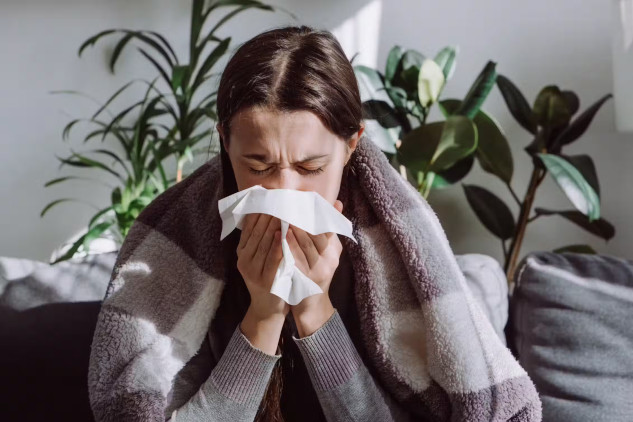
Gut Microbes Predict Children’s Risk for Autism, ADHD and Speech Disorders
Recent research suggests that gut microbes could predict a child's risk of neurodevelopmental disorders like autism and ADHD. By studying the microbiome of infants and children, scientists...

Who's Responsible for AI's Actions? A Medieval Perspective
AI systems, like self-driving cars, present modern ethical dilemmas about moral responsibility. Who's responsible for their actions—developers, users, or the machines themselves? Drawing on...

Botox: Six Surprising Uses -- More Than Just for Wrinkles
Botox is famous for smoothing wrinkles, but did you know it has other powerful medical uses? From treating migraines and excessive sweating to helping people with overactive bladders or even...

The Shamanic Explanation: Dopamine, Adrenaline, Serotonin, and DMT
Shamanism has long used plants for both healing and inducing shifts in consciousness. This article delves into the deep connection between plants and spiritual transformation, exploring how...

So, You or Someone You Love Has Cancer?
Facing a cancer diagnosis, either personally or for someone you love, can be overwhelming. This article provides guidance on navigating the cancer healing journey with strength and...

How To Improve Your Flexibility for Health and Injury Prevention
Regular stretching exercises not only keep your muscles and joints mobile but also help reduce muscle tension, improve posture, and enhance circulation. Learn effective techniques to boost...

Being ‘Mindful’ About Your Bank Account Can Bring More Than Peace of Mind
This article explores "Practicing Financial Mindfulness" and the "Benefits of Financial Mindfulness," highlighting how being mindful about finances leads to improved decision-making and reduced...
Available Languages
MOST READ
Are Ghosts Real? The Top Eleven Signs of a Haunting
Are ghosts real? This article presents eleven common signs of haunting, from cold spots and flickering lights to invisible sensations and…

The indoor microbiome—composed of microbes living in your home—can have a profound effect on your health. From boosting your immune system to influencing your mental wellbeing, the diversity of bacteria, fungi, and viruses indoors plays a critical role. Learn how daily activities and building design can shape the microbial population and what you can do to create a healthier living environment.













